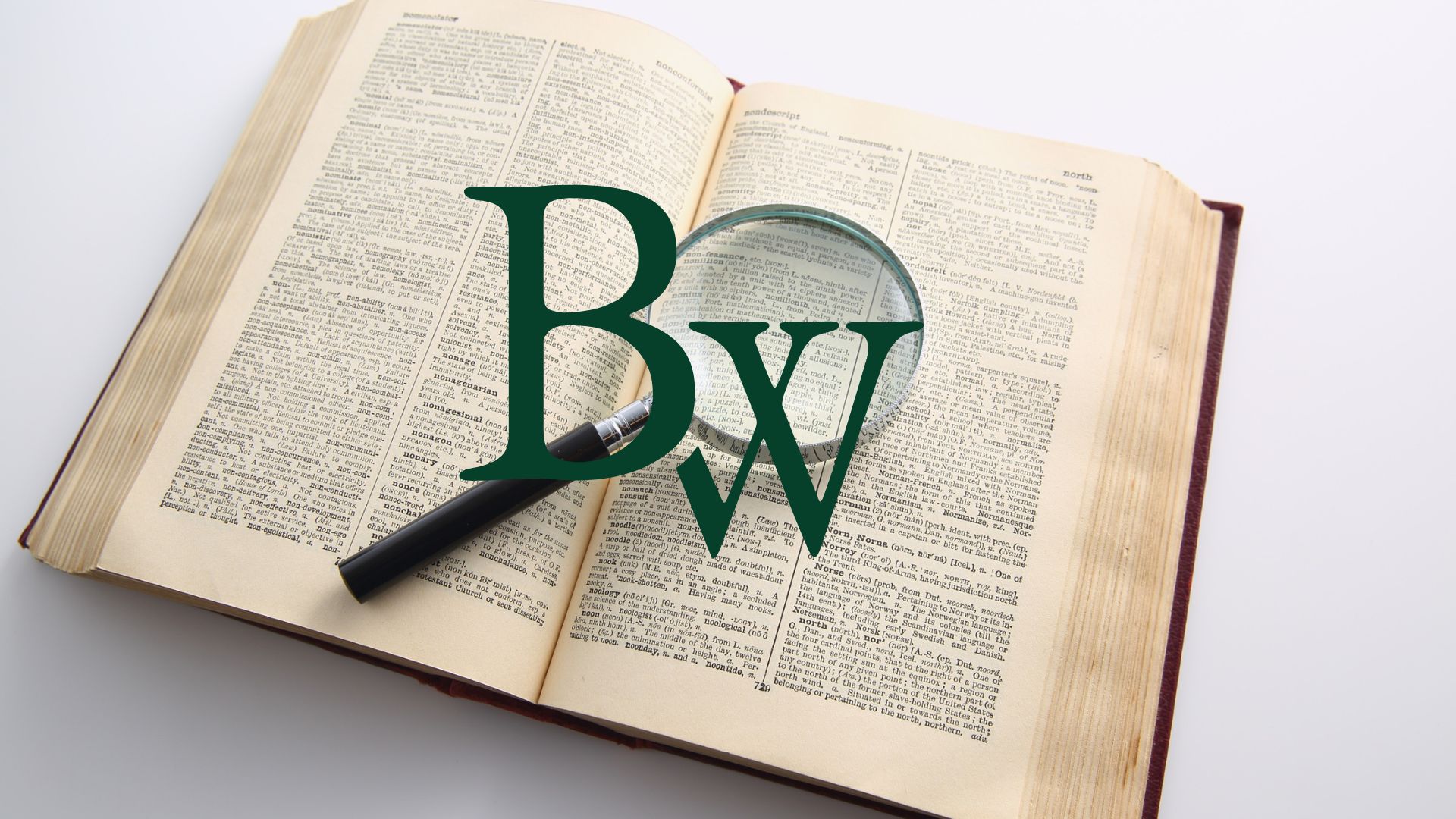Life Estate
Definition:
A Life Estate is a form of property ownership that grants an individual (called the life tenant) the right to use, occupy, and benefit from a property during their lifetime. Upon the life tenant’s death, ownership automatically transfers to another party, known as the remainderman.

Life Estate Information
A Life Estate divides property ownership into two interests: the **life tenant’s interest**, which lasts for their lifetime, and the **remainderman’s interest**, which becomes full ownership after the life tenant’s death. The life tenant has the right to live in, rent, or otherwise use the property, but they cannot sell or mortgage the property beyond their lifetime without the remainderman’s consent.
This type of estate is often used in **estate planning** to allow someone to remain in their home while ensuring that the property passes to a designated heir. It also avoids probate since the transfer to the remainderman occurs automatically at death.
However, the life tenant must maintain the property, pay taxes, and avoid actions that would reduce its value.
Florida Legal Definition
Under **Florida law**, a Life Estate is a recognized form of real property ownership where the **life tenant** holds possession and use of the property for the duration of their life, and the **remainderman** holds a vested future interest. Florida courts uphold the creation of Life Estates through **deeds, wills, or trusts**, provided that the intent is clearly stated.
A popular variation in Florida is the **Enhanced Life Estate Deed (Lady Bird Deed)**, which allows the life tenant to retain control of the property—including the power to sell or mortgage—without the remainderman’s consent, while still passing the property automatically upon death without probate.
Life Estates are governed under Florida’s property and probate statutes, including **Chapter 689, Florida Statutes**.
How It’s Used in Practice
In Florida real estate and estate planning, Life Estates are commonly used to manage succession of property while retaining control during the owner’s lifetime.
- Parents often use Life Estates to ensure a home passes directly to children after death.
- It helps avoid probate, reducing court involvement and legal costs.
- Life tenants may live in or rent the property but must maintain it and pay expenses.
- Enhanced Life Estate (Lady Bird) Deeds offer flexibility by allowing changes during the tenant’s life.
- Attorneys use Life Estates as tools for Medicaid and inheritance planning.
Key Takeaways
- A Life Estate allows someone to use property during their lifetime, with ownership passing automatically at death.
- It creates two interests: a life tenant and a remainderman.
- Florida law recognizes Life Estates under Chapter 689, Florida Statutes.
- The Enhanced Life Estate (Lady Bird Deed) provides more control to the life tenant.
- It’s an effective estate planning tool that avoids probate and simplifies inheritance.
Disclaimer: The information and opinions provided are for general educational, informational or entertainment purposes only and should not be construed as legal advice or a substitute for consultation with a qualified attorney. Any information that you read does not create an attorney–client relationship with Barnes Walker, Goethe, Perron & Shea, PLLC, or any of its attorneys. Because laws, regulations, and court interpretations may change over time, the definitions and explanations provided here may not reflect the most current legal standards. The application of law varies depending on your particular facts and jurisdiction. For advice regarding your specific situation, please contact one of our Florida attorneys for personalized guidance.
Visit our legal department pages:
Real Estate Attorneys
Business Attorneys
Litigation Attorneys
Estate Planning Attorneys
Inheritance Attorney
Probate & Trusts
Trust • Experience • Results
Ready to Get Started?
Get started with Barnes Walker today.








